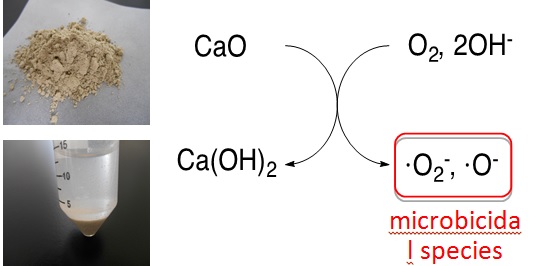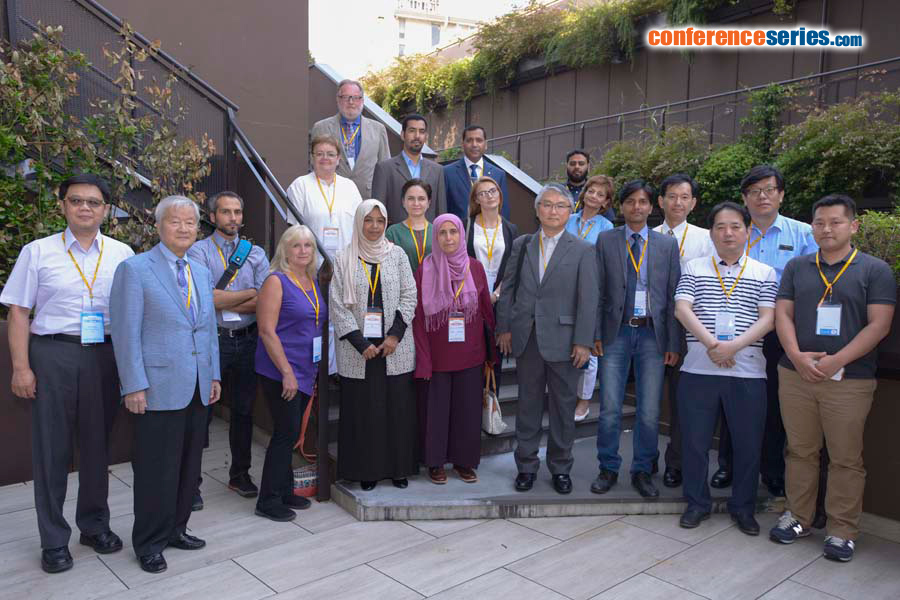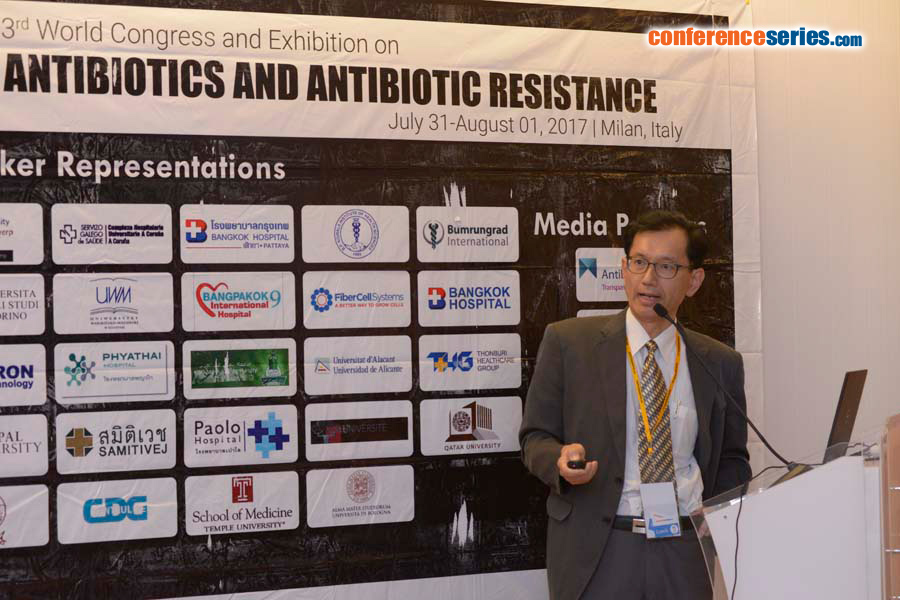
Yasuhiro Igarashi
Toyama Prefectural University, Japan
Title: Fossil shell powder as a superoxide generator displays broad antimicrobial spectrum against human pathogens
Biography
Biography: Yasuhiro Igarashi
Abstract
Free radicals including reactive oxygen species (ROS) show a wide range of antimicrobial activity through oxidative damage to cellular components such as proteins and DNA. Some inorganic and organic compounds are known to generate ROS. Titanium oxide (TiO2) catalyzes the formation of superoxide and hydroxy radical under the light. Some porphyrins have ability to generate singlet oxygen that kills viruses. Low specificity of ROS toward biomolecules seems uncontrollable, however it becomes an advantage that can avoid and overcome antibiotic resistance. ROS randomly react with multiple biomolecules, which does not allow microorganisms to acquire resistance. Fossil seashell (FS) is a kind of minerals mined in our district, Toyama, Japan. It has been used as a fertilizer or water-cleaner by local farmers. Pathogen protection effects in crops are known for many years but scientific investigations have not been made to date. In this study, we investigated the antimicrobial activity of FS powder. Its water suspension liquid displayed growth inhibition against representative human pathogens Escherichia coli, Staphylococcus aureus, Candida albicans and Trichophyton rubrum. As an active principle, we detected superoxide in the FS suspension. The major component of FS is calcium carbonate (CaCO3) which is changed to calcium oxide (CaO) by burning to expel carbon dioxide. As this burning process is essential to activity, CaO is likely responsible for superoxide generation. The detailed mechanism is under investigation. Considering the mode of action, there may be very low possibility of occurrence of resistance to superoxide. Broad antimicrobial spectrum of FS against bacteria and fungi is attractive as a sterilizer. FS is stable for years and only water is needed to prepare FS powder suspension. It can be used for sterilization of food and skin to prevent oral infections or food poisoning. Effectiveness of FS in the treatment of skin or oral infectious diseases shall be investigated to explore its potential in medical usage.





